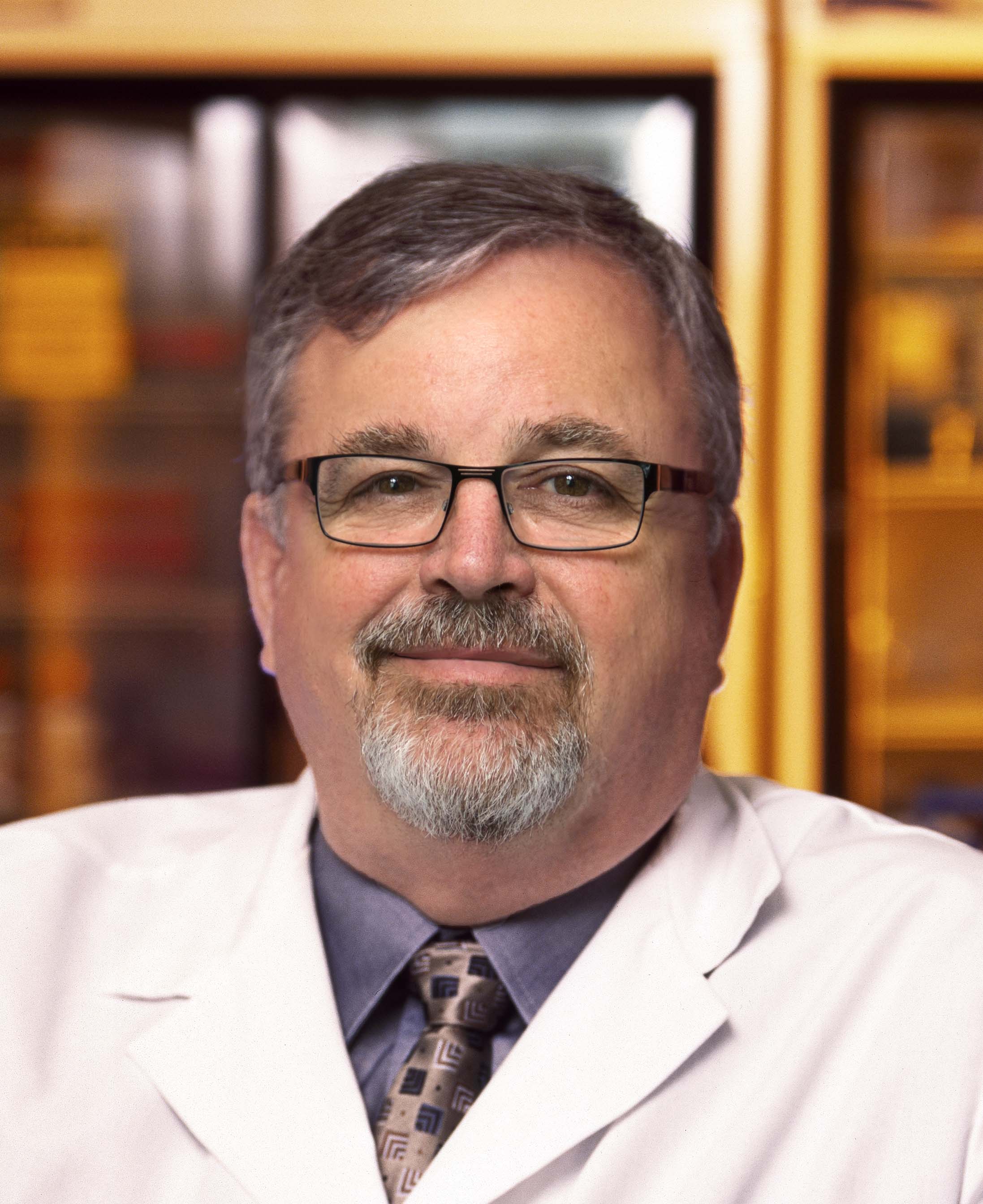Dennis Kyle elected as American Academy of Microbiology Fellow

University of Georgia researcher Dennis Kyle has been elected as a 2020 fellow by the American Academy of Microbiology. He joins a class of 68 new fellows this year.
Kyle is a GRA Eminent Scholar in antiparasitic drug discovery, with appointments in the departments of cellular biology and infectious diseases.
“Election as a Fellow of the American Academy of Microbiology is a tremendous honor and one that was achieved by the success of all the great people I’ve work with over the years on antiparasitic drug discovery,” said Kyle, who joined UGA in 2017 as the director of the Center for Tropical and Emerging Global Diseases.
His research focuses on the discovery, development, and mechanisms of resistance to antiparasitic drugs. Currently, his laboratory is concentrating on malaria, which has become increasingly resistant to current treatments, and the brain-eating amoeba Naegleria fowleri. The Kyle laboratory has been instrumental in developing methods and tests to discover new drugs that act rapidly, effectively and can be combined with existing drugs used to treat these nearly incurable diseases.
Kyle’s work is largely funded by the National Institutes of Health, Medicines for Malaria Venture and a $9.4 million grant from the Bill & Melinda Gates Foundation. He has published more than 200 research papers, and his findings have been cited more than 14,000 times.
Kyle has received a number of awards over the course of his career, including the U.S. Army Achievement Medal in 1990, the U.S. Army Commendation Medal in 1988, and the U.S. Army Meritorious Service Award. He has been honored by the Southeastern Society of Parasitologists and is a fellow of the American Society for Tropical Medicine and Hygiene and the American Association for the Advancement of Science. In 2006, he was named Scientist of the Year by Malaria Foundation International.
Kyle joins more than 2,500 AAM fellows who are elected through a highly selective, peer-review process, based on their records of scientific achievement and original contributions that have advanced microbiology. Only 58 percent of this year’s nominees were elected to the Class of 2020, and the newly elected fellows hail from 11 different countries.

